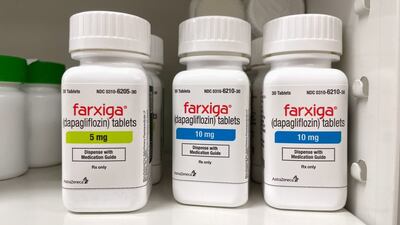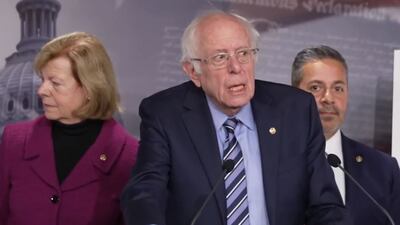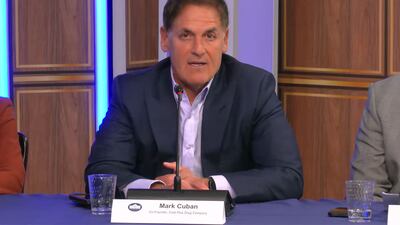Medicaid
Multi-cancer diagnostics can help get oncology patients the treatment they need more quickly, but lack of reimbursement has kept such tests out of reach for many patients. Bills providing coverage have passed or are under consideration in more than half of the states and have been introduced in both houses of US Congress.
Congressional Budget Office responses to questions from US lawmakers on pharmacy benefit managers could add to the momentum for PBM reforms to go further than the current leading proposals.
The long-awaited TCET final notice doesn’t address major concerns, medtech industry advocates say.
Vertex’s fertility preservation assistance program would provide up to $70,000 in financial support for in vitro fertilization and other services to patients prescribed Casgevy.
The agency says it will collect additional information from manufacturers on methods for adding up price concessions from the supply chain before moving ahead.
Johns Hopkins professor Tinglong Dai says a subscription model for AI is the most sustainable model for reimbursement.
The authorized generic also could mitigate the impact of eliminating the cap on Medicaid price inflation rebates, which went into effect in January.
Sandoz argued against paying higher rebates for two of its drugs via the Centers for Medicare and Medicaid Services’ Medicaid drug rebate program in a US court six years after the suggestion was first made.
Sandoz has fired a defensive shot in a US court against the potential that it may have to fork up higher rebates for two of its drugs via the Centers for Medicare & Medicaid Services’ Medicaid drug rebate program – six years after the suggestion was first made.
Ekso Bionics’ exoskeleton received a final payment determination from the Centers for Medicare and Medicaid Services, paving the way to faster rehabilitation for more patients.
Various government and private payer initiatives are good steps forward, but lack coordination. Payers continue to face perverse incentives to use high-cost drugs because of rebates in 340B, while providers don’t have enough incentives to use cost-saving clinical decision tools.
Changes to inhaler pricing may be more ‘business as usual’ for the drug industry than the Vermont senator wants to let on. FTC, meanwhile, is keeping the patent pressure on Teva, the only inhaler manufacturer to not act following Sanders’ investigation.
Medtech Insight spoke to QliqSOFT executive Bobbi Weber about the advantages of collecting patient data though chatbots, and how the technology can make conversations at the doctor’s office a little more manageable.
The manufacturer requirement, which invokes CMMI’s safe harbor authority, could help overcome some barriers to access that the companies are facing in Medicaid outside of the demonstration.
The well-known businessman and TV personality told the White House that the US needs to ‘stop doing business with the big three PBMs,’ helping to fight the drug industry’s battle against the middlemen with a friendlier face not associated directly with the brand industry.
As further details emerge, questions continue about whether the CMMI model could delay access to Lyfgenia and Casgevy; states will be added on ‘rolling basis.’ A new administration could change or cancel the model, but a CMS official predicts that is unlikely.
Lilly wants White House Office of Management and Budget to delay final rule until there are regulatory controls against duplicate and diverted discounts. OMB has also held three meetings over past few months with organizations representing 340B providers.
US FDA’s recently retired Cell and Gene Therapy leader said when CMS engaged with him it was often due to ‘ambiguities’ in drug labels that made it harder for the payer to make its coverage decision. Can earlier discussions smooth Medicare and private-market coverage?
Dramatic downward pressure on prices will continue to impact supply for an industry already reeling from shortages, the Association for Accessible Medicines’ newly appointed chair Keren Haruvi tells Generics Bulletin during an exclusive interview on the sidelines of the association’s recent annual conference in Tampa.
As Hatch-Waxman celebrates its 40th anniversary, the chair of the US generic trade association talks about striking the right balance on supply and pricing, preventing shortages, and improving Medicare price negotiations.
ADVERTISEMENT



















